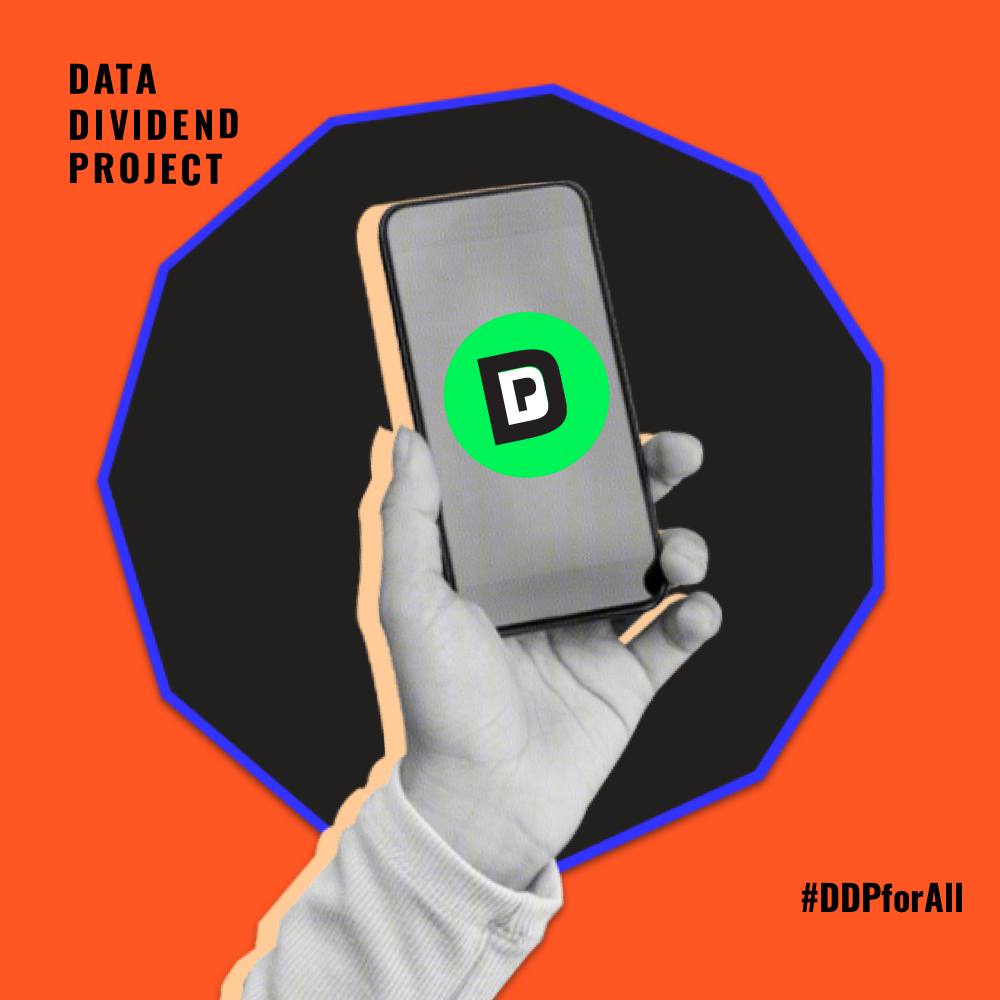This Week in Data 101: What's a MID?
What’s a MID? Mediators of Individual Data, Data Unions, and Data Dignity
The digital transformation of our economy in the 21st century has brought with it some rather daunting challenges. The role of the individual in an increasingly complex tech-driven world is being rapidly redefined. Facebook, Twitter, and Google executives can routinely be seen addressing lawmakers on the role of technology with respect to election interference, invasion of privacy, polarization of media, and free speech. The opposition between governments and large tech platforms on the topic of user data necessitates a discussion around the need for a mediator, or representative, that would better represent the interests of the people creating the data.
The introduction of policy solutions including GDPR (General Data Protection Regulation) in the EU and CCPA (California Consumer Privacy Act) in 2018 signal a shifting expectation of people for greater respect and care around proper usage of our data. However, it appears government regulation is unlikely to singlehandedly address the growing rift in understanding between people and the tech platforms that rely on their data.
We’ve seen the emergence of institutions that exist to represent and defend the interests of their constituents across various industries like manufacturing, agriculture, research and academia.. Labor unions were formed to champion the end of child labor, establish safe working conditions, advocate for healthcare, and demand better wages. Agricultural co-ops are a way for farmers to pool their resources, reduce their individual costs, and distribute their risks across the wider group. Academic publishers set standards around peer review, which ensures that new research is impartially assessed. Each of these institutions provides a critical function and voice within their industries.
Introducing MIDs
Mediators of Individual Data (MIDs) are a union-like organization championed by technologist Jaron Lanier as a framework for addressing the key issues around user-generated data like ownership, monetization, and reparations. An effective MID or data union could perform a number of critical functions on behalf of its members that are currently lacking in the digital economy.
An effective mediator has a responsibility first and foremost to its members, in this case, data creators. Unlike large tech platforms, a true mediator has a legally binding responsibility to its constituents. Large tech companies such as Facebook and Google are ill-positioned to represent users because of the conflict of interest between advertisers and users. Not surprisingly, companies tend to follow their primary revenue stream and prioritize the interests of the advertisers over users.
Data Unions Can Help Fight For You Behind The Scenes
If a data union is to truly represent its constituents at a negotiation table with a technology platform, it would have to have a strong technical understanding of how data is being used and the legal ramifications of that usage. Mediators for data rights would have legal and technical experts on staff studying the way companies employ user data so as to represent the best interest of its constituents. Instead of expecting people to read technically and legally complex Terms of Service contracts, a properly staffed mediator would analyze the terms on behalf of users, periodically auditing technology platforms and data consumers and their data usage.
Your Data Dignity Matters
Your data should not be something that you have to actively understand or protect like a fortress. Your home has an alarm, insurance, and the option to call 911 to preserve your safety. Just like your home, your data should have options to be safe. You also aren’t expected to do these things yourself — your alarm company has your back. Similarly, MIDs, data unions, and others can operate as protection mechanisms for you. It is our hope through the Data Dividend Project that we become a layer of security for you — by explaining to big tech companies that you know the value of what you have — your data — and that you won’t let them take it from you without your permission.
